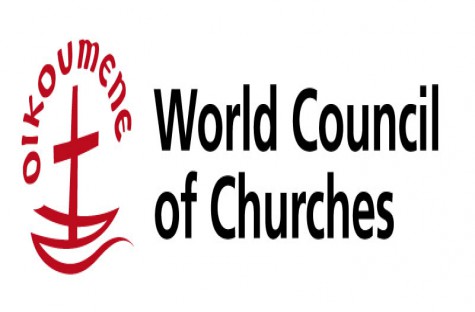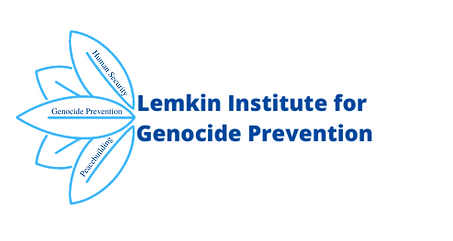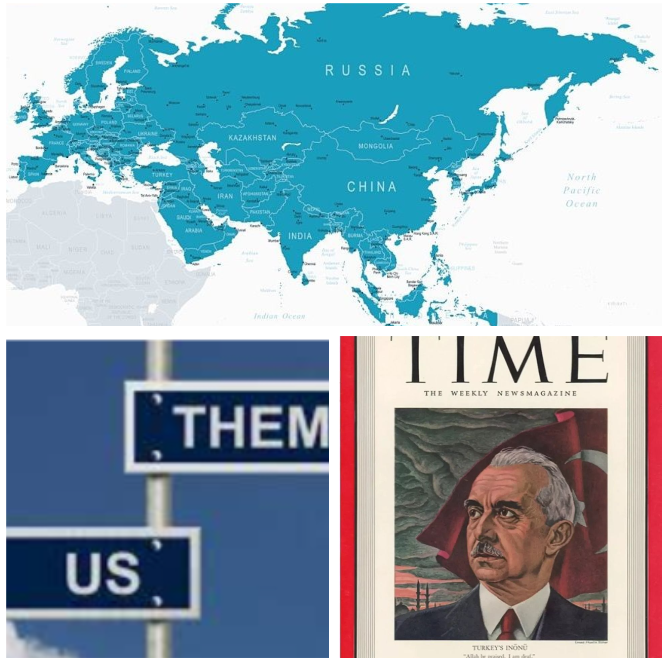The Balkans brings to mind a sub-region in the southeast of Europe which takes its name from the Balkan Mountains. The region covers the states of Slovenia, Croatia, Bosnia-Herzegovina, Serbia, Montenegro, Kosovo, and Macedonia from the disintegrated former Yugoslavia, as well as Albania, Greece, Bulgaria, Romania and Turkey. From the west to the east, the region harbors Catholic, Orthodox and Muslim population. Of the two countries with predominantly Catholic population Slovenia, does not share the notion of belonging to the Balkans and identifies itself with Western Europe. Although Croatia also scrupulously emphasizes that it shares common values with the west, it does not isolate itself from its Balkan connections due to its location. A front runner for the disintegration of former Yugoslavia, Slovenia has swiftly been accepted into the European Union. Croatia’s membership has also been given the calendar to be accepted in July 2013. With historical awareness of the place and significance of the Balkans in establishing and maintaining peace and stability in Europe, the European Union was quick to assess the necessity of entailing the Balkan countries in the enlargement process following the Bosnian War. The Bosnian War has displayed the European Union’s weakness in bringing order within its geography and consequently the necessity for the intervention of the US in the Balkans. This situation has further strengthened the impetus to speed up the process of enlargement of the EU in the Balkans. By deviating from geographical principles, EU enlargement has given priority to Bulgaria and Romania despite well known facts that they were not yet ready. It goes without saying that an additional incentive here has been the EU’s desire to fixate its eastern borders, leaving Turkey out. This way, Turkey would also be left outside the Balkans. Surely, in the minds of other Balkan countries which do not doubt Turkey’s place in the Balkans and attach importance to its connections in the Balkans, this understanding has caused question marks regarding EU’s intentions and aims. The EU’s Balkan engineering has not created the desired results yet. While trying to overcome the difficulties encountered with Bulgaria and Romania, the global crisis the Union has found itself in and the priority to sustain its integrity has been discouraging for the other Balkan countries which the Union has promised to include in the enlargement process. Developments taking place in Serbia, Bosnia-Herzegovina and others have not been encouraging. In this situation, it could be seen that again the US has assumed the responsibility of rendering assurances. In the shadow of US presidential elections, US Foreign Minister, without drawing much attention, has conducted a comprehensive visit to the region. As has been commented in Dr. E. Türbedar’s article published in the bulletin of the Center for Eurasian Studies, US Foreign Minister’s visit which started on October 29 has covered Bosnia-Herzegovina, Serbia, Kosovo, Albania and Croatia. Interestingly, EU High Representative for Foreign Affairs was also accompanying.
© 2009-2025 Center for Eurasian Studies (AVİM) All Rights Reserved
 WHAT IS THE WORLD COUNCIL OF CHURCHES?
WHAT IS THE WORLD COUNCIL OF CHURCHES?
 DISPLAY OF BIGOTRY AND BIAS FROM THE LEMKIN INSTITUTE
DISPLAY OF BIGOTRY AND BIAS FROM THE LEMKIN INSTITUTE
 CONSTRUCTIVE EURASIANISM AND PAST REFLECTIONS
CONSTRUCTIVE EURASIANISM AND PAST REFLECTIONS




























